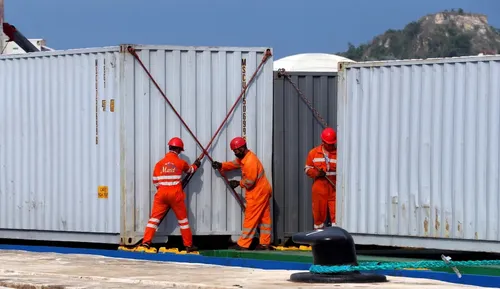The Brazilian government has donated 10 tons of food to Cuba. The humanitarian aid is intended to help people affected by the impact of two violent hurricanes, Oscar and Rafael, in the last month.
These hurricanes have left thousands homeless and caused severe destruction on the Caribbean Island. Official estimates suggest that over 46,000 houses have either totally or partially collapsed. Additionally, 37,000 hectares of agricultural land have been destroyed. These massive losses take place as Cuba faces a severe economic and energy crisis, leading to daily blackouts in more than 50% of the country in recent weeks.
The Brazilian government’s donations arrived alongside 30 water purification units sent a few days earlier. According to the Brazilian ambassador in Havana, Christian Vargas, Brazil will also send medicines and materials to install solar panels in the coming days to help mitigate Cuba’s severe energy crisis.
International Solidarity
Brazil’s donations are part of a broader wave of solidarity initiatives with Cuba over the past month. Last Friday (22), the UN announced it had increased its aid to Cuba, allocating US$ 78.3 million in response to the island’s procedente disasters.
Governments from countries such as Mexico, Venezuela, Japan, and Russia have also pledged their support to Cuba.
The Venezuelan government sent a second ship carrying 200 tons of building materials and community aid on November 6, following an earlier shipment of over 300 tons of donations. Similarly, Mexican President Claudia Sheinbaum announced a shipment of around 400,000 barrels of crude oil to help mitigate the energy crisis in Cuba.
Various social movements and social organizations have also launched donation campaigns.
In Brazil, activists, artists, intellectuals, trade unions, and social movements have started the “Official Brazilian Cuba Solidarity Campaign” to raise funds for Cuba. The campaign has already donated 10 tons of powdered milk to maternity hospitals, children’s centers, and homes for the elderly in Guantánamo and Artemisa.
Edited by: Rodrigo Durão Coelho





























































